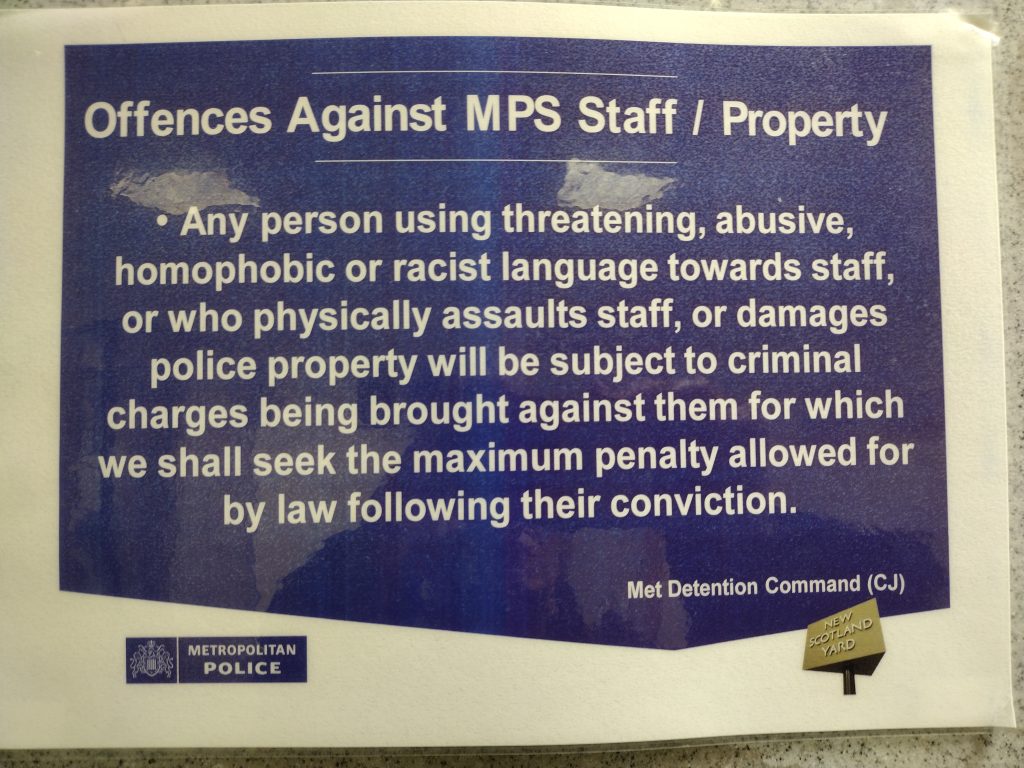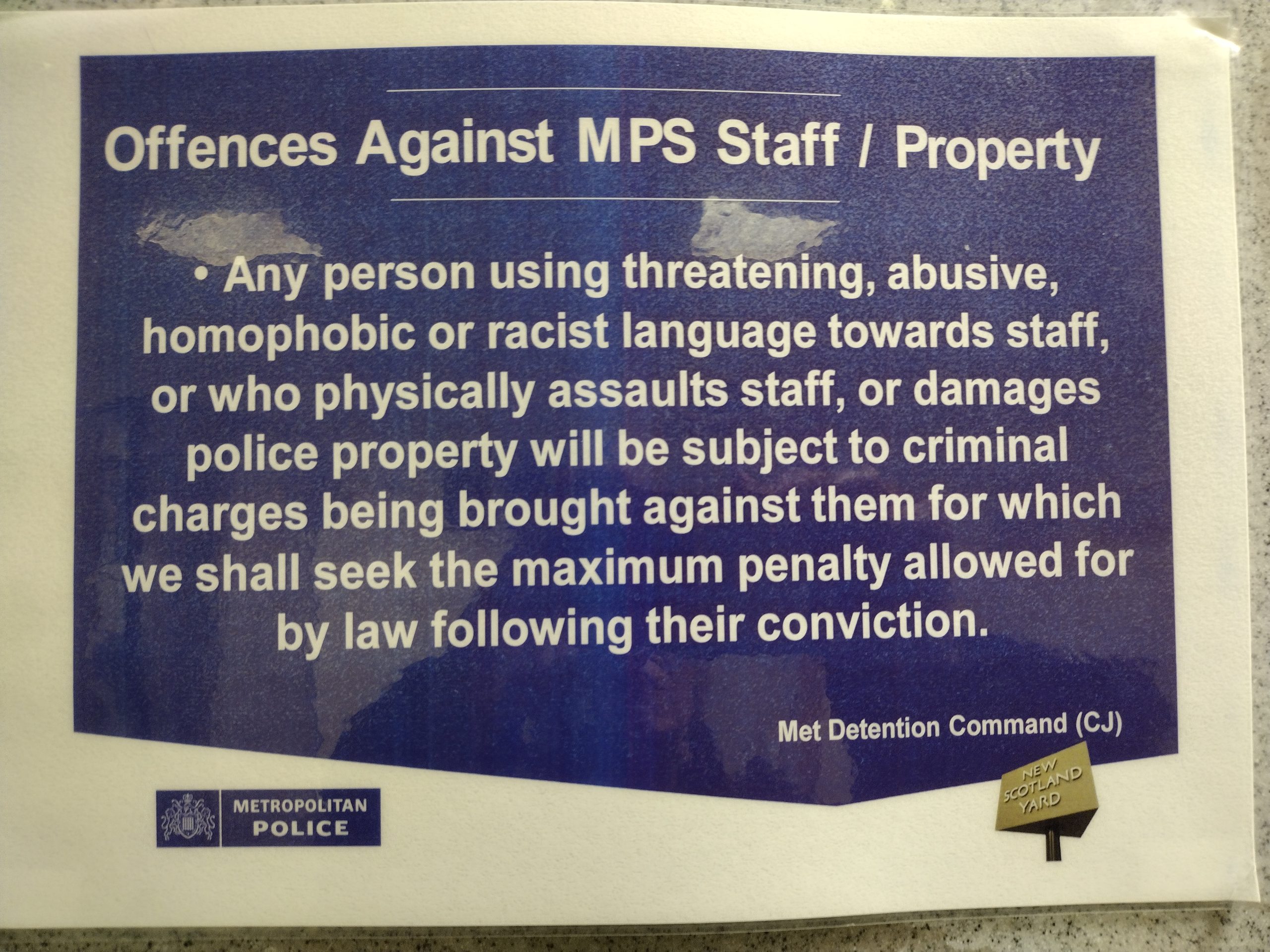The maximum sentence for assaulting a police officer, NHS worker, prison officer or firefighter has doubled twice in the last four years. But are increased maximum penalties for assaulting an emergency worker helping to ‘protect our protectors’?
Transform Justice’s new research finds that not only has this done nothing to reduce violence or abuse towards emergency workers, it’s also having detrimental consequences, sweeping more people with mental health conditions into the criminal justice system.
Many cases of assaulting an emergency worker that appear in court involve defendants with mental health conditions, cognitive impairments and/or who are neurodivergent. Lawyers who defend these clients estimate the proportion could be as high as 80%. In theory, many of these cases should be diverted, but the mechanisms to facilitate this are falling short. Police rarely have the information they need about someone’s mental health to factor it into decision-making – even when health professionals are available to assess and give advice, police don’t seek it or are reluctant to follow it. In courts, the CPS are particularly hard line with assault emergency worker offences, even for low level matters and when it is clear that the mental health of the accused contributed to the incident. One defence lawyer told us: ‘I don’t think the prosecution gave it the thought that they should. They still put forward submissions to the court that made no allowances for his autism…I think they have a positive prosecution policy when it involves public sector workers.’
Prosecution and prison don’t reduce violence and abuse. As one magistrate put it: ‘These aren’t premeditated acts, after all.’ The government’s own impact assessment said of the move to increase penalties that ‘the evidence of the existence and scale of any deterrent effects or incarceration effects is weak and mixed’.
Our research identified much better ways to show emergency workers they feel valued. Police and NHS workers told us that support from their employer following an assault was sometimes lacking. They didn’t get the debrief they were promised, or when they did they were made to feel the incident was their fault, or that it was just part of the job. Plans for how to prevent the incident happening again, or to support the employee to recover, were not always followed through. One forensic NHS employee whose shoes were ruined in an incident with a patient spent 18 months waiting for his claim form for new shoes to come through. If we want to show emergency workers that they’re valued, better employer support offers a lot of low hanging, and more effective, fruit.
Valuing police and NHS staff also means finding out how incidents of violence and abuse arise in the first place and what could be done to prevent them. A large scale analysis of thousands of police records found that police officers were more likely to be assaulted when they used force themselves (tactics such as Tasers, batons or physical force), and that this use of force was more likely when a person has a mental health condition. Testimony from defence lawyers and prosecutors backs this up. Many police and NHS workers responding to our survey also agreed they didn’t have the right training to effectively de-escalate incidents. Verbal de-escalation training modules have been cut in many police forces, and training in communicating effectively with people with mental health conditions is limited. The new influx of police recruits presents a crucial opportunity to ensure officers are equipped with the skills they need to prevent incidents escalating to violence.
Ultimately the report advocates for bigger thinking in how we show public sector workers that they matter, and that abuse against them is taken seriously. Ramping up the criminal justice repercussions for assaulting a police officer or NHS worker may feel like a solution but if it doesn’t reduce abuse (and assaults have increased since the maximum sentence went up), what’s the point? Better to improve support for staff when assaults do occur, make use of effective diversion and restorative justice options, and take steps to prevent incidents in the first place.
You can read the new report here








